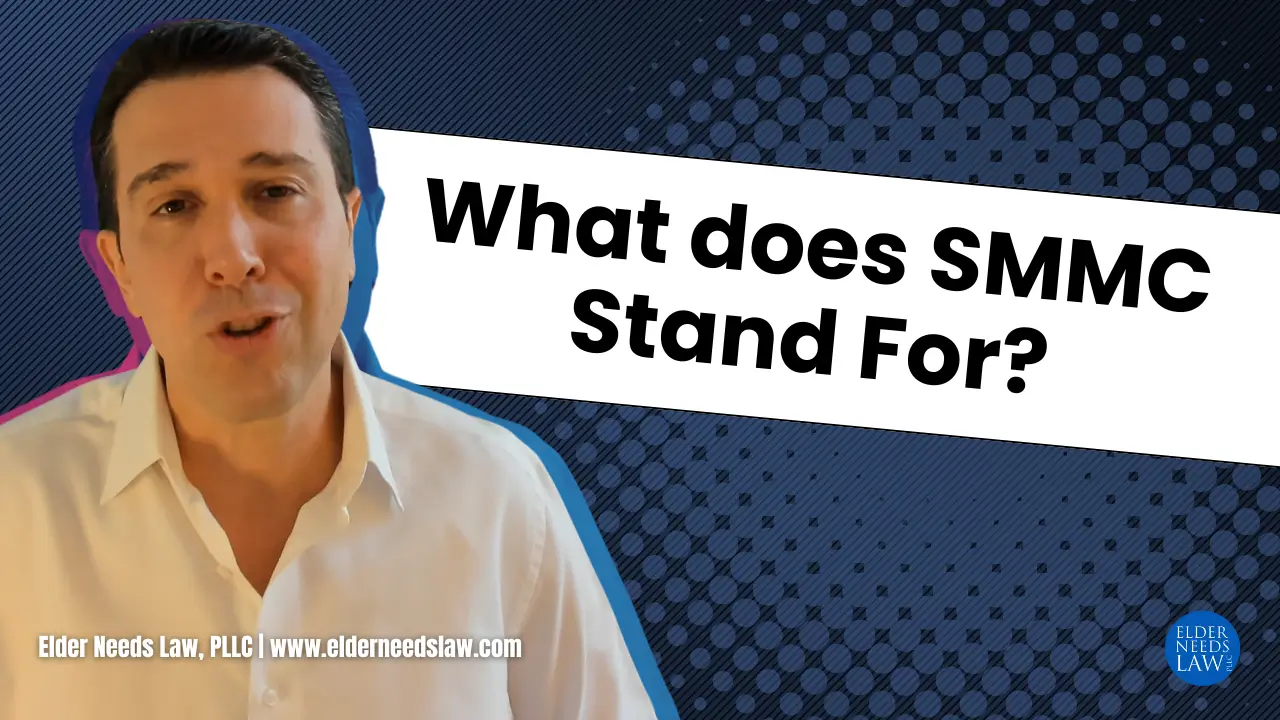florida medicaid annuity components

A Medicaid annuity is a tool utilized by elder law attorneys who specialize in Medicaid planning (as an asset preservation tool) as usually one of several Medicaid planning strategies. A Medicaid-compliant annuity can usually be obtained in less than two weeks.
The Medicaid annuity is non-assignable and irrevocable (in that the terms, including parties, monthly payment, duration of payments are the same) this also means that the annuity policy cannot be sold and therefore has no cash value (so the Medicaid product is worthless to everyone but the Medicaid beneficiary).
The Medicaid compliant annuity must also have equal payments(typically but not necessarily in monthly increments), actuarially sound, and the Florida Medicaid agency must be listed as the primary beneficiary (except community spouse or minor/disabled spouse) upon the death of the Medicaid recipient.
To read more about Florida Medicaid annuity requirements per the Deficit Reduction Act (DRA), click the link.
Who Should Own the Medicaid Annuity (in case of married couple)?
In the situation of a married couple, it generally makes more sense for the well spouse / community spouse to be the annuity owner,annuitant and payee (rather than the sick / institutionalized spouse). This is because we assume that the institutionalized spouse will die first. When the institutionalized spouse dies first, the annuity payments continue to the well spouse because the well spouse is the owner/payee/annuitant. It is the annuitant's life that the annuity is based around. This further delays and potentially eliminates what will need to be paid back to Medicaid!
Of course, there is the risk - if the well spouse dies first, Medicaid will be paid back more from remaining Medicaid annuity payments.
Five Parties to a Medicaid Compliant Annuity
Florida Medicaid Annuity Owner:person who purchases the annuity and names the other parties to the same Medicaid annuity (i.e. annuitant, payee, primary beneficiary and contingent beneficiary).
For Medicaid-planning purposes, the annuity owner is going to also be the plan’s annuitant and the payee.
Florida Medicaid Annuitant:the measuring life for a structured payout. i.e. the payments continue for as long as the annuitant is alive. But in a Medicaid context, the annuity will never pay at or over the length of anyone’s lifetime. In fact, Medicaid annuities will always only payout for a fixed number of months – period. So it’s really meaningless and unimportant for Medicaid purposes. Again, in a Medicaid-planning context, the owner, annuitant and payee will be the same.
Florida Annuity Payee: the person who receives the regular (usually monthly) annuity payments.
Florida Annuity Primary Beneficiary:this is the person or party who receives the remaining monthly annuity payments after the annuity owner dies (i.e. State of Florida, unless the owners leaves behind a living community spouse, minor child or disabled child).
Florida Annuity Contingent or Secondary Beneficiary: this is who gets control if the primary beneficiary is not available. In a typical Medicaid annuity context, the State of Florida will be the primary beneficiary and then if there is anything left over after the State’s Medicaid lien has been satisfied,then the Medicaid recipient’s adult children will receive the remaining Medicaid annuity payments.







